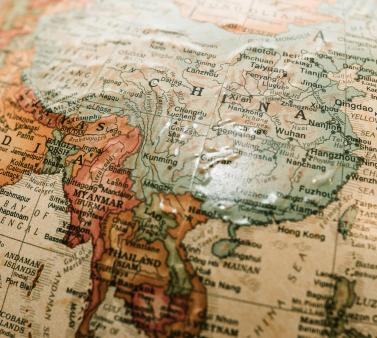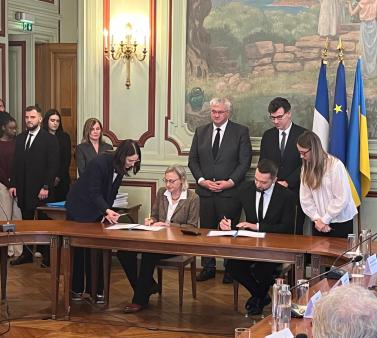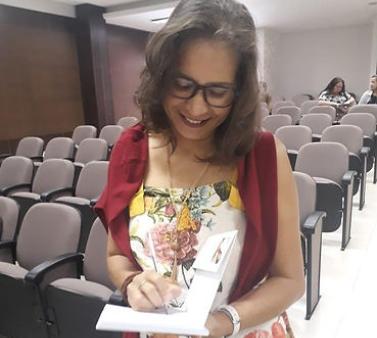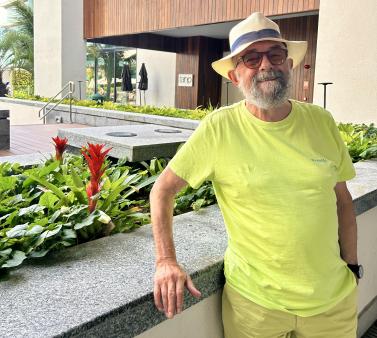They plan to compare their results with those of Anta Niang in order to question the cultural differences between French and Quebecers. Niang is a Postdoctoral researcher at the Université du Québec à Trois-Rivières, with a PhD in Social Psychology and Justice from Rennes 2 and is also an associate member of LP3C. She is currently living in Canada.


What are you trying to measure in this Coronavirus study?
Jean-Charles David: We circulated an initial questionnaire to see whether French people’s perceptions of the coronavirus have an influence on their compliance with the government's health recommendations. We are also interested in the involvement of individuals: what is their relationship with the virus? Do they feel that their actions have a possibility of influencing the spread of the virus? Do they think that, by washing their hands, they will reduce the likelihood of them transmitting the virus? Do they consider this virus to be serious? Are they worried that many people will be infected?
What are your initial assumptions?
Jean-Charles David: In psychology, the links between perception and health practices are not always evident. Through this study, we are trying to analyze what guides one and what guides the other. Do our perceptions guide our practices or the opposite? We believe that they feed into each other. There would be a process of mutual and progressive accommodation between perception and health practices. We also hypothesize that our perceived level of exposure to the virus helps to determine and inform our health practices.
Kévin Nadarajah: We also have a cultural hypothesis. On March 13, 2020, the Canadian government announced isolation measures for Quebecers. In France, the announcement of containment measures came on March 14. However, on March 20, there were 121 cases and one death in Quebec, compared to 12,612 confirmed cases and 450 deaths in France. Yet, the containment measures were implemented earlier in Quebec than in France. It is interesting for us to look at the perceptions and health practices of individuals with regard to the cultural impact and the impact of the official announcements, to see if they are consistent with the quantitative data on the number of infected people.
What are the next steps in your study?
Jean-Charles David: The study has a long-term dimension: we are going to question the way that practices evolve over time. Today, we can see that the health recommendations are being followed fairly well. In a month's time, they may still be followed, but when people come out of isolation, are they going to maintain these behaviours? Is regular and thorough hand washing going to become a habit? Will dealing with an event of this magnitude help to instil new habits in people? For example, will people adopt other ways or practices to simply say hello?
The press has reported on the cultural differences between the French and people in Asia with regard to the wearing of masks. Do you think our practices can change?
Kévin Nadarajah: Among Asians, wearing a mask is an internalized practice, imposed, among other things, by pollution. They are so-called "collectivist" societies, which face health problems collectively and seek to protect others. In France, will there be a collectivist management of health problems after the strict containment measures? Will we start putting on masks when we get the flu? These are questions that we are asking ourselves today and that we will continue to study when the measures are lifted.



